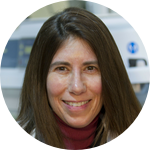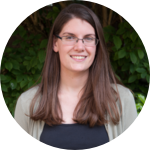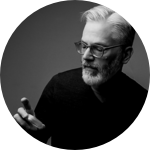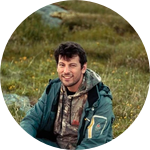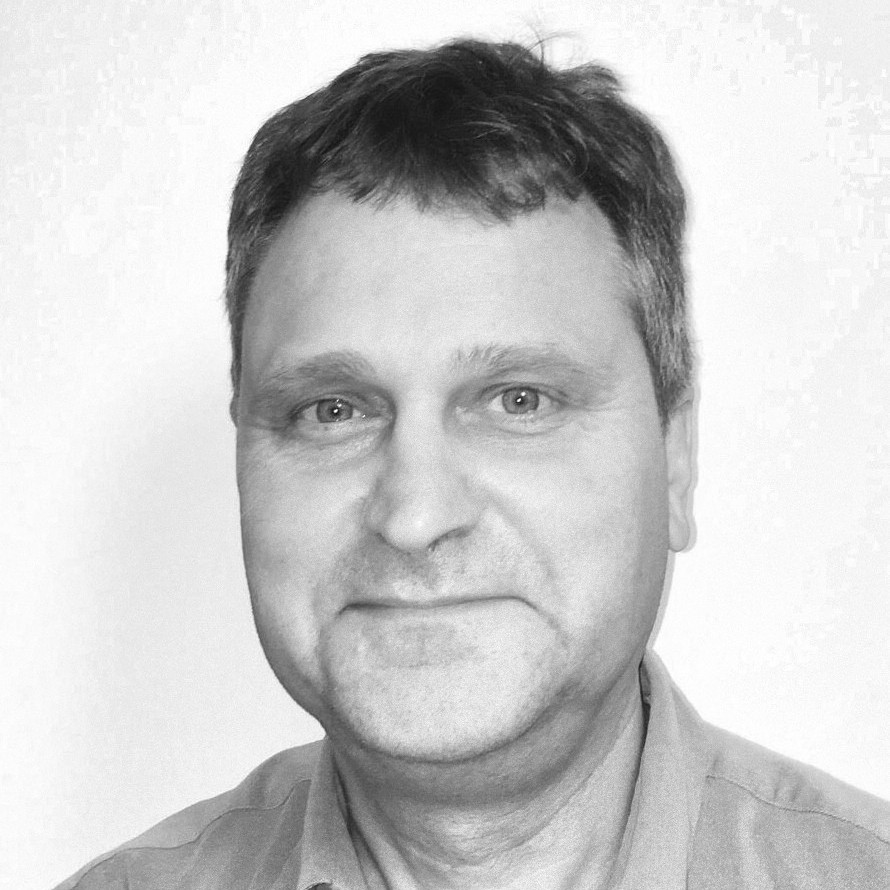About This Project
Community biology's Shared Purpose, in part, is to inspire creativity by cultivating an accessible commons of knowledge and resources. Our Open Yeast Collection - an extensible, modular DNA assembly library for engineering yeast, has empowered global innovators. Our goal in this project is to create an Open Yeast EduKit that simplifies and accelerates this a step further by assembling various vectors, yeast strains and instructions for use at community biolabs and beyond.
Ask the Scientists
Join The DiscussionWhat is the context of this research?
Science can be expensive and low cost resources are a challenge for many community labs yet there is a deep interest within the community in understanding biology. More and more individuals join community labs to democratize, to learn, to innovate and to practice science.
Our Open Yeast Collection (OYC) and new Yeast Protein Expression Toolkit (yPET) are such tools that can be used by both pros and learners alike. Released under the OpenMTA material transfer agreement, meaning that they are free of any royalty or fees, other than appropriate and nominal fees for preparation and distribution, support attribution, promote reuse, redistribution and importantly non-discrimination in who can use these materials. The OpenMTA can also apply to strain organisms.
What is the significance of this project?
OYC permits the assembly of tools from reusable and redistributable DNA parts for modifying S. cerevisiae or the yeast K. phaffii. It has been distributed to over 50 countries. Our new yPET arrived this year and provides useful parts for fusing with one’s gene of interest including purification tags and secretion signals.
With over 140 different DNA parts in these two yeast collections many are overwhelmed on where to start. We propose developing ready-made solutions so that all the end user has to do is add in regulatory sequences (from OYC or their own) along with a gene of interest or one from our collections and perhaps a secretion signal or purification tag from yPET. Therefore our Edukit tools lowers barriers for increasingly creative science applications by community biology.
What are the goals of the project?
Our goal is to use OYC and yPET to create a series of yeast vectors including controls for the EduKit. The vectors will allow easier assembly of the kit supplied or the user's gene of interest. The control vector will express a fluorescent protein to allow tracking when working with yeast.
We also aim to engineer an OpenMTA yeast strain for inclusion in our EduKit. This will require additional gene synthesis and some genome sequencing.
We will develop online educational materials to show users how to work with our EduKit. Using the advertising budget we will communicate this to the community.
If our initial EduKit is a success we hope to offer to the community additional kits for potentially more complex purposes like building scent pathways.
Budget
The primary expense, in the form of stipends, will be used to thank and give lab access to our volunteers who help us with the mini preps for cloning, vector assembly and other lab activities. Commercial services for the whole plasmid sequencing, oligo and gene synthesis, and partial genome sequencing are the next major costs, followed by the consumables for the lab work. Publishing and communicating the results are responsible for the remainder of the project’s expenses.
Endorsed by
 Project Timeline
Project Timeline
The first tasks are to select existing parts from the OYC and yPET distributions to create our vectors and on board our trainees. Then, strain-engineering vectors will be designed to modify a yeast strain from the ARS culture collection with parts sent for DNA synthesis. Whole plasmid sequencing will be used to verify the assemblies of all vectors. The educational resources will be written concurrently to document the process and the expected results and published online.
May 08, 2024
Launch project campaign.
May 15, 2024
Project Launched
May 30, 2024
Onboard trainees. Start preparing individual OYC & yPET parts.
Jun 07, 2024
Campaign ends. Start acquiring consumables. Start design.
Jul 05, 2024
Send strain sequences for DNA synthesis.
Meet the Team
Affiliates
Scott Pownall
Scott Pownall, President & co-founder of Open Science Network Society, has a lifelong passion and curiosity for the world around him and this drives his diverse interests. He has been working with DNA-based technologies in industry, academia, research institutes and community for over 35 years in Australia and Canada. He has engineered microbes, mice, mammalian cells and pigs and provides consulting services in the fields of genetics, bioinformatic, molecular, cellular, and synthetic biology. He did his National Cancer Institute of Canada-funded Post-Doctoral Fellowship in the Laboratory of Dr. Tak Mak at the, now defunct, Amgen Research Institute and the Ontario Cancer Institute. He participated in the first human genome jamboree held at Celera before their first draft of the human genome was published in 2000. More recently, he is a contributor to the BioBricks Foundation's FreeGenes program and is the creator of the Open Yeast Collection. He is also a collaborator with the UK-based Open Bioeconomy Lab, the Reclone Network and serves actively on the iGEM Engineering Committee.
Michael Rae
Professional in the environmental industry for 12 years. Key projects include remediation work for a hydroelectric company, and emergency response work within private industry including mitigating and remediating large hydrocarbon spills in ecologically sensitive areas, hazardous materials management at large scale industrial and mining operations, environmental management for various mining operations, and environmental assessments for contaminated sites throughout Western Canada. B.Sc. in Environmental Science from Royal Roads University.
Member of the Open Science Network in Vancouver BC with an interest in open biology and community science outreach.
Emily
Emily was formally trained in cellular and molecular Neuroscience and has worked in wet labs for 8 years in various technician and research roles. She transitioned to entrepreneurship 7 years ago, as she discovered her passion for turning ideas into reality. She finds excitement in helping early-stage organizations get off the ground, such as helping to co-found the Open Science Network Society along with Scott and others. Emily is passionate about health and longevity sciences and the impact the environment has on individuals. She is excited about the immense impact of this yeast platform to have real-world implications for the biomanufacturing of proteins.
Ian Caven
With decades of professional software development experience in image and video processing, Ian became interested in bio-informatics and synthetic biology six years ago. He has written programs for codon optimization of genes for yeast and bacteria, and contributed to the Open Yeast Collection and Protein Expression Toolkit. He has also written software for the Opentrons pipetting robot and designed 3D printed parts for laboratory use. He holds a Master of Applied Science degree from University of British Columbia in Electrical and Computer Engineering and a Bachelor of Applied Science degree from the department of Electrical Engineering at the University of Toronto.
Additional Information
We would like to acknowledge and thank the following: OYC synthesis was generously funded through the BioBrick Foundation's FreeGenes program, Funding for synthesis of the new yPET came from a grant awarded to Dr. Jenny Molloy and the Open Bioeconomy Lab by the University of Cambridge EPSRC Impact Acceleration Account and will be distributed via the Reclone Network, additional yPET parts were supported through a grant from iGEM's Engineering Committee.
Open Science Network Society is a Canadian Vancouver-based non-profit established in 2015. Our members have been active in local STEAM & STEM engagement, learning, inspiring and teaching. We have supported innovators by lowering the barriers to accessing lab equipment to permit them to bootstrap their visions. We have been active contributors to organizing global community biology and co-developing toolkits used around the world and so much more. We have a very good relationship with the Public Health Agency of Canada which oversees Biosafety and Biosecurity in Canada. Not a bad track record for an all volunteer organization.
Project Backers
- 30Backers
- 102%Funded
- $12,248Total Donations
- $408.27Average Donation

